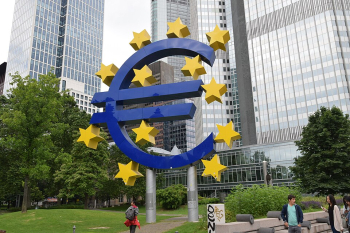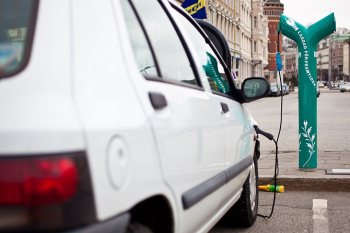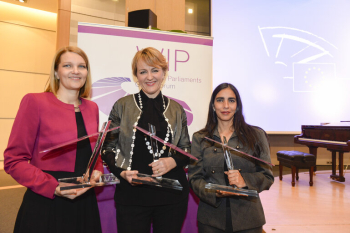
On Wednesday, the European Parliament voted in favor of the migration pact, marking a significant milestone in EU migration policy. The comprehensive package, comprising
10 laws, aims to reinforce control over migrant arrivals in the EU and establish a solidarity mechanism among member states for asylum seeker reception.
A key aspect of the legislation is the introduction of a mandatory solidarity system to alleviate pressure on member states facing migration challenges. All EU countries will be required to share responsibility for managing asylum applications, whether through hosting asylum seekers, financial contributions, or offering operational and technical assistance.
The pact also introduces new criteria for determining the member state responsible for processing international protection applications, replacing the previous Dublin Regulation of 2013.
However, a contentious element of the pact involves the establishment of border facilities to process asylum claims swiftly and facilitate the return of those ineligible for protection to their home countries. This provision has sparked concerns among NGOs, who fear it may exacerbate human suffering.
Opposition to the pact was evident during the vote, with protesters briefly disrupting proceedings by hurling paper airplanes and chanting slogans opposing the plan. Following the announcement of the results, the Left group in the European Parliament condemned the decision as "a dark day for human rights."
Addressing the press after the vote, European Commission President Ursula von der Leyen emphasized the pact's potential to make a tangible difference for Europeans, balancing enhanced border security with respect for fundamental rights. Von der Leyen also expressed gratitude to Belgian Prime Minister Alexander De Croo and the Belgian EU presidency for their efforts in advancing the pact.
De Croo echoed von der Leyen's sentiments, emphasizing that while migration is a complex issue, the pact equips member states with essential tools to manage migration flows effectively. However, despite Parliament's approval, the pact's implementation hinges on formal endorsement by EU member states through a qualified majority vote, scheduled for the end of April.

















